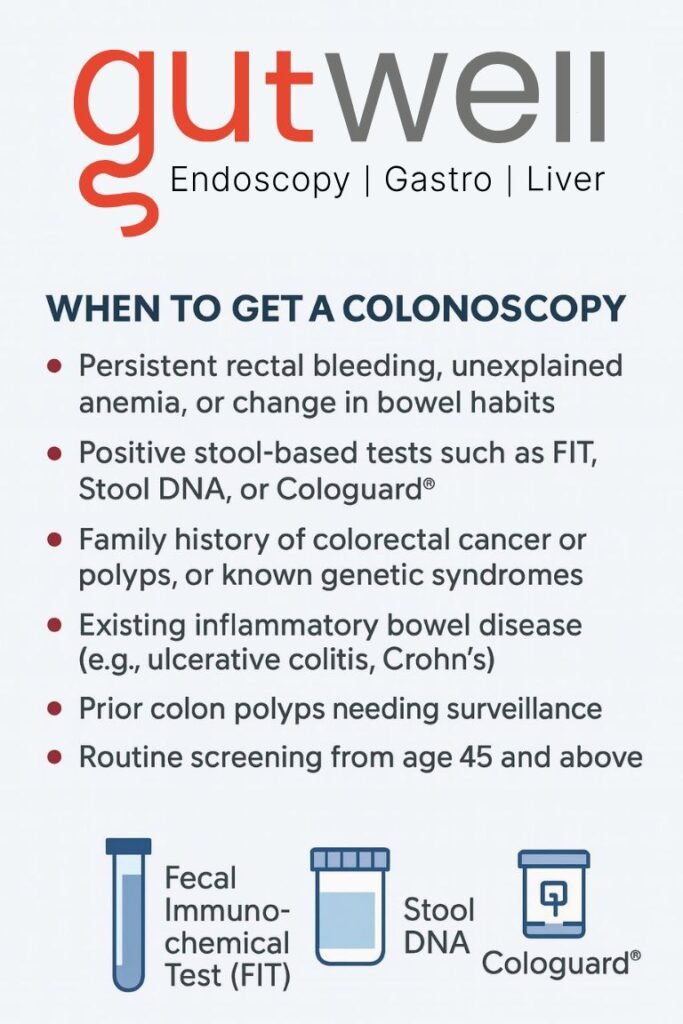Colorectal Cancer : India’s Hidden Cancer Crisis
Colorectal cancer kills nearly 40,000 Indians a year. Most of those deaths are preventable.
Colorectal cancer rarely makes headlines in India. Yet behind the scenes, it is quietly emerging as one of our fastest-growing cancers. In 2022 alone, nearly 65,000 Indians were diagnosed and close to 40,000 lost their lives. Unlike the West, where colon cancer mostly strikes older adults, Indian doctors are seeing younger patients—even in their 30s and 40s—walk in with advanced disease.
The difference is not genetics alone. It is screening and surveillance. In the U.S., Europe, and Japan, deaths have fallen sharply thanks to routine colonoscopies and stool-based screening tests like FIT, Stool DNA, and Cologuard®. These programs are covered by insurance, ensuring accessibility.
“Colorectal cancer is one of the few cancers we can prevent—if only we choose to screen for it.”
Colonoscopy is not only diagnostic, it is preventive. Suspicious growths or early cancers can be removed immediately through polypectomy, EMR (endoscopic mucosal resection), or ESD (endoscopic submucosal dissection)—avoiding major surgery when caught early. By contrast, CT colonography may detect abnormalities, but it cannot treat them. At best, it is a second-choice option that still leads patients back to colonoscopy.
“Prevention is cheaper than cure. But in India, patients are still paying with their lives.”
India’s survival rates remain under 40%, compared with over 60% in nations with strong screening programs. The barrier is cost. Most colonoscopies here are paid out-of-pocket, keeping prevention out of reach for many. Insurers already face the crushing expense of late-stage cancer care—covering preventive screening is not just good health policy, it’s good economics.

Disclaimer This article is for informational purposes only and should not be considered a substitute for professional medical advice. Always consult a qualified healthcare provider for diagnosis and treatment.
